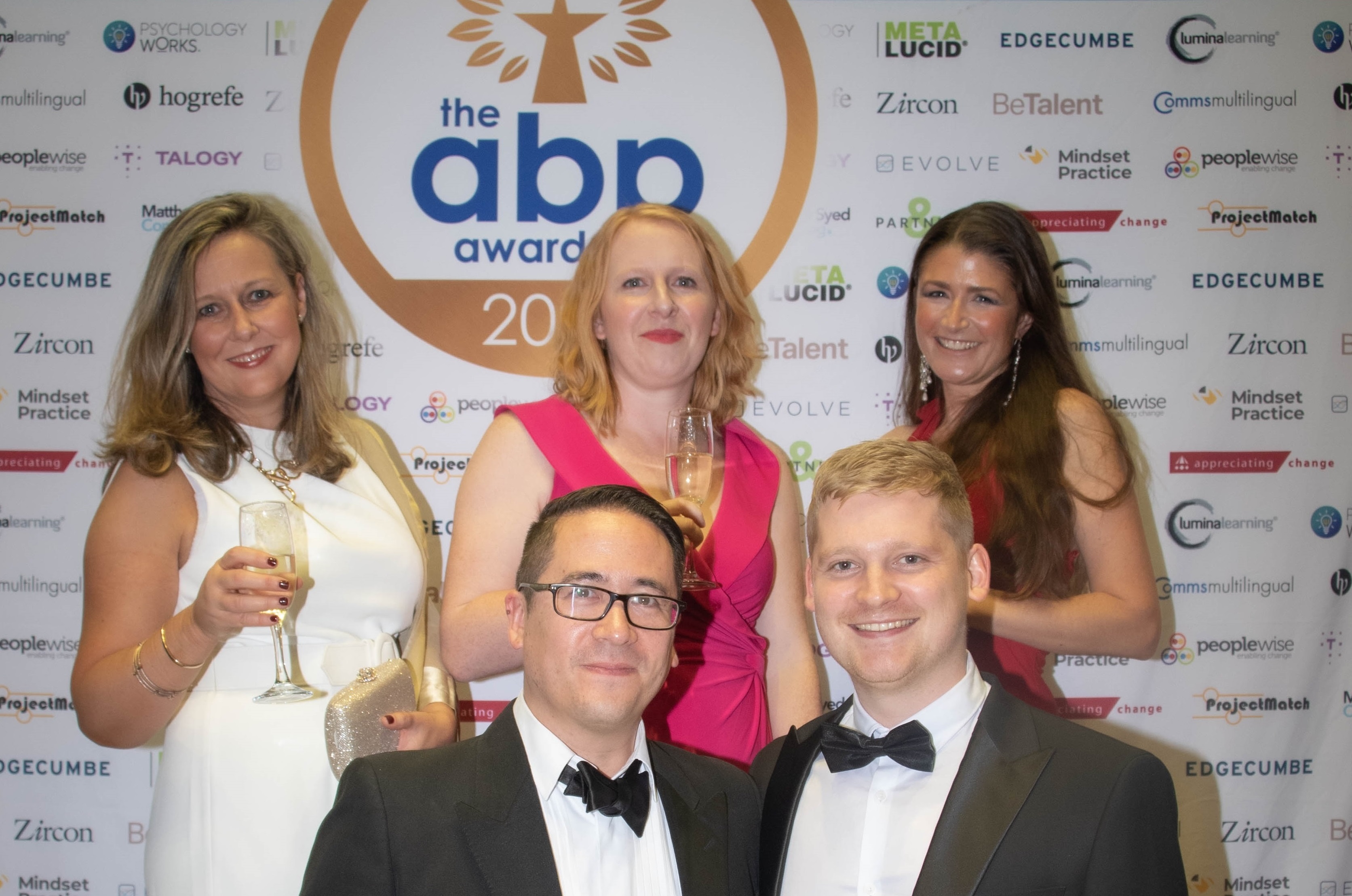Disagreement and challenges are part of everyday life, especially in the workplace where experience and expertise is different and where vested interests can often have an undue influence. Indeed if everyone agreed all the time with everything everyone else said there is a strong chance of groupthink developing. Groupthink is a phenomenon found in strongly unified and cohesive groups which strive for unanimity at the expense of critical thinking and a realistic evaluation of the facts.
So why does being challenged by others upset some people (often deeply) while others thrive on the opportunity to engage in a robust debate and exchange of ideas. The challenger may have a particularly aggressive manner which makes the other person defensive – having a reasonable debate is difficult if participants are moving between aggression and defensiveness. The person being challenged may not be open to reflection and to exploring another perspective and therefore they come across as stubborn and uncooperative. The challenger, however sophisticated their influencing skills, will soon lose the motivation to continue the conversation in the face of stubborn adherence to one position. So asking questions from a position of curiosity and inquiry rather than from a critical and superior position implying the other’s view is wrong, unconvincing or poorly argued is a good start. As the person being challenged being open and willing to discussing another perspective and to explain your own reasoning while being curious about the challenger’s concerns is the starting point.
by Dr. Megan Joffe




















